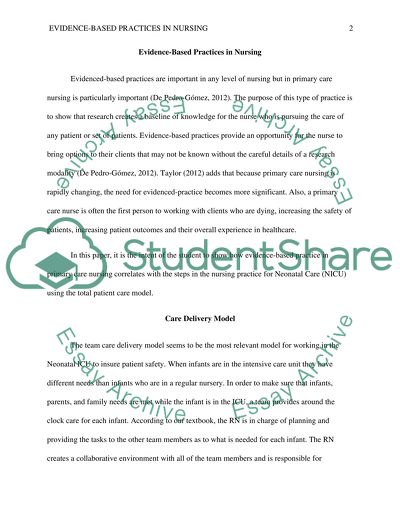Cite this document
(“Evidence-Based Practices in Nursing Research Paper”, n.d.)
Retrieved from https://studentshare.org/nursing/1468243-evidence-based-practices-in-nursing
Retrieved from https://studentshare.org/nursing/1468243-evidence-based-practices-in-nursing
(Evidence-Based Practices in Nursing Research Paper)
https://studentshare.org/nursing/1468243-evidence-based-practices-in-nursing.
https://studentshare.org/nursing/1468243-evidence-based-practices-in-nursing.
“Evidence-Based Practices in Nursing Research Paper”, n.d. https://studentshare.org/nursing/1468243-evidence-based-practices-in-nursing.


